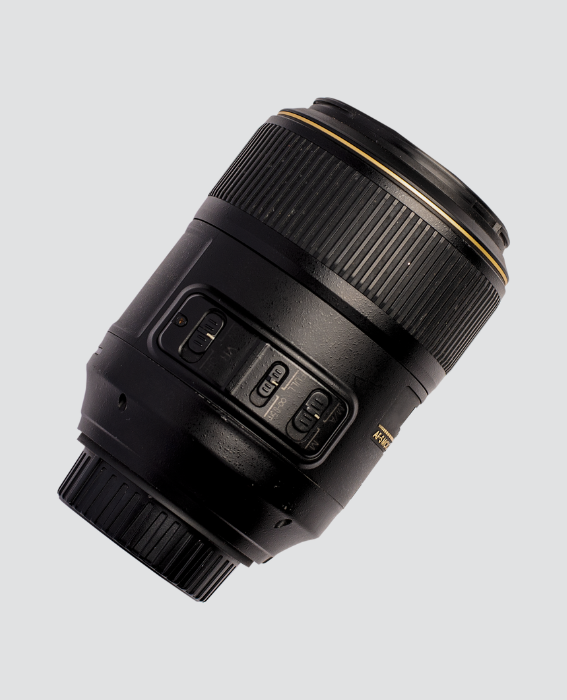Certificate in Photography
Do you love everything about photography? Are you passionate about the basics of film, digital photography, how images are captured, how to use photographic equipment, and processing and developing camera film? This course is for you.

Summary
Duration
Approximately 300 hours
to complete the course, which has 3 key modules made up of 24 subjects.
Entry Requirements
There are no prerequisites to complete this course. However, you must be able to read, analyse and comprehend, printed information in English, and to write statements and solve problems to complete the course. You must also have reliable access to a computer and a reliable internet connection and have basic computer skills.
Certificate
Upon completion of your course, you will receive a Certificate of Completion and a Statement of Attainment for each module completed.
Delivery
Online, flexible learning at your own pace.
Availability of Content
12 months to access the course content (extensions are considered on a case-by-case basis)
Approval & Recognition
Careerhouse is an approved and recognised member of IARC. The IARC is an International association which recognises institutions who aspire to excellence in tertiary education.
The Certificate in Photography delivers a great introduction to the basics of film and digital photography. Learn how images are captured, how to use photographic equipment, and processing and developing camera film. Explore various techniques used for photographing people and landscapes, using black and white, sports photography, illustrative photography and images for publishing. Study image formation, lighting, lenses, filters, colour and sensitometry, for both film and digital.
Course Outline
3 Key Modules, made up of 24 subjects.
Module 1: Introduction to Photography (100 hours)
A great introduction to the basics of film and digital photography, you will learn how images are captured, how to use photographic equipment, processing and developing camera film.
Throughout the module, discuss the principles that underpin photography and examine the evolution into digital technologies. You will develop a solid understanding of how to improve your capabilities with respect to taking photographs and help you determine appropriate application for a range of common items of photographic equipment. Explore the process of how photographic film is developed and enlarged, as well as discovering techniques that can be used to process digital photographs within a computer to achieve improved or changed images.
Module 2: C Photographic Practice (100 hours)
Study the techniques used for photographing people and landscapes, using black and white, sports photography, illustrative photography, and images for publishing.
This module is all about exploring the techniques required for successful photography. You will learn how to compose photographs in a way that matches a predetermined aim. Discover how to take better photographs of people and how this differs to what is required to get capture landscapes and natural subjects. Explore the differences between black and white photography and colour, what subjects work best for each and why you would choose to use one over another. Learn how to create various visual effects through the use of special techniques. You will also gain a better understanding of the nature and scope of business opportunities in the photography industry and what this may mean for you.
Module 3: Photographic Technology (100 hours)
Understand what it takes to capture a good photo and learn how to identify problems by exploring image formation, lighting, lenses, filters, colour and sensitometry.
In this module, you won’t just learn how to capture a good photograph, but you’ll discover how to describe in technical terms, how an image forms when a photograph is taken. Delve deeper into the nature of light and how this relates to the finished photographic product, and how sensitivity of a photo-sensitive surface and its development can affect the photographic image. You will explore how the composition and manipulation of white and coloured light creates different photographic images, and the chemical process that occurs in producing a colour film photograph. Gain a better understanding of how the photographic image may be manipulated by using optical filters or other camera attachments, other than lenses, and also how different lenses can manipulate a photograph image too.
For the full subject list and course guide, fill out our Enquiry Form and our course advisors will be in touch.
Assessment
Assessments are a critical step in the learning process. They help ensure you stay on track and meet the learning objectives of each lesson before moving onto the next. They also help your tutor identify where any further support may be required, so that you get the most out of your course.
You will learn via various methods; a combination of reading, interacting with tutors, undertaking research and watching videos. Each lesson will conclude with an assignment which is marked by your assigned tutor and returned to you with feedback, and if necessary, some recommended additional reading. Assessments may come in the form of – case studies, quizzes and written assessments.
Who will this course interest?
This course is a beginner level course and will lay a sound foundation of knowledge and skills in which can grow with experience and further study. Whether you are a hobby-photographer, someone looking to gain further experience and understanding of the industry, or a budding professional photographer wanting to gain more theoretical knowledge, then this course is a great fit for you.
This course may be of interest to people working, or aspiring to work in or as:
› Professional photographer
› Photographer’s assistant
› Hobby photographer
If you have a specific job in mind, it is important that you research exactly what is required before enrolling in a course. Different roles will require different skills, qualifications and recognition. If you are unsure, one of our course advisors will be able to help you with this.